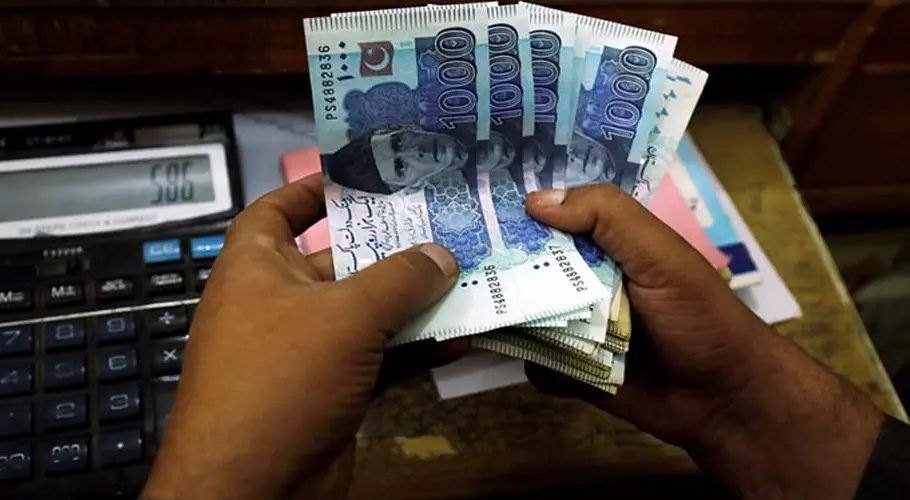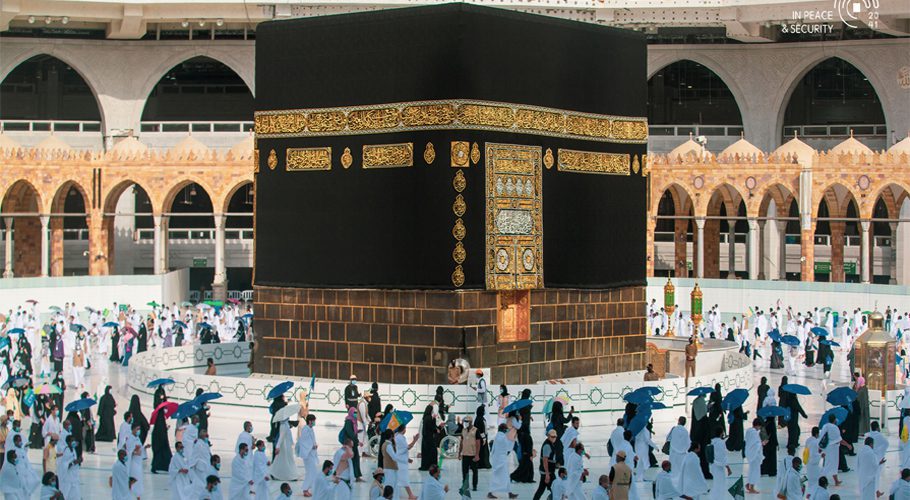With the Holy month of Ramadan right around the corner, you are eager to know a lot of questions revolving around how and when to pay Zakat, as the majority of Muslims wish to pay the mandatory charity during the month.
Importance of Zakat
Zakat is not merely supposed to assist the needy and those who cannot manage to fulfill their basic needs of life. It is also meant to purify wealth. Indeed, the significance of Zakat can be gratified by the reality that it has been considered one of the five pillars of Islam.
Since it is obligatory on all Muslims who earn more than a certain threshold, banks throughout Pakistan collect Zakat by subtracting it directly at the source. It means if you have more funds than the set threshold for the year, known as Nisab.
The banks are lawfully answerable to subtract 2.5 percent of the exceeding quantity. In Pakistani banks, Zakat deduction is automatically carried out at the beginning of the Holy month of Ramadan.
Money for Zakat
Once your capital goes over the Nisaab threshold, you are obligated to pay Zakat. The word Nisab stands for the minimum wealth or assets you must possess before you are entitled to begin paying Zakat.
This least amount is called the ‘Nisab’ threshold and you only pay Zakat once you cross it. Muslims are supposed to pay Zakat one lunar year from the day their wealth exceeded the threshold.
Rate of Zakat
Most Muslims wish to pay Zakat during the holy month of Ramadan. It is necessary to know that your Zakat should amount to 2.5 percent or the 40th portion of the cash and tradable assets you owned above the Nisab.
It is to be given after a whole Islamic year has passed since the gaining. Though, you can also pay it in advance if you have a capital equivalent to or above Nisab on hand.
The government generally announces the Nisab for each year before Ramadan. It is generally set according to the cash value of 3 ounces (87.48 grams) of gold or 21 ounces (612.36 grams) of silver.
Zakat on gold jewellery
You have to pay Zakat if the cost of your gold and silver jewellery surpassed the threshold. The inventory of Zakat-entitled assets includes cash, trading stocks, business income, gold and silver, land and livestock.
Savings bank accounts
Banks only deduct Zakat from savings and profit and loss accounts of the clients. 2.5% Zakat from all the accounts that exceed this particular balance was collected by Banks.
But, not all kinds of bank accounts are legally responsible for Zakat deductions. indeed, banks can only subtract Zakat from the savings and profit and loss sharing accounts. in the meantime, current and foreign currency accounts are exempted from this.
Option to claim exemption
Clients and depositors might want to pay their Zakat themselves to the poor they know personally. In this situation, they have an opportunity to claim exemption and forbid the bank from deducting the sum. Nevertheless, by the 15th of Shabaan each year you require to file for the exemption on a stamp paper.
Exemption from Zakat deduction
Certain conditions have to be met for exemption from Zakat deduction. Banks are not permitted to carry out obligatory Zakat deductions if: The account holder is non-Muslim and the branch has a written affirmation to verify the claim.
The account holder is not a Pakistani citizen and has provided a photocopy of their passport or an equivalent document proving their nationality.
The account belongs to a company where no less than 50% of the shares belong to non-Muslims or non-Pakistanis. The company would have to file the required attested documentation to prove the fact.
The account belongs to an individual who has claimed an exemption on the grounds of faith. In that case, they would have to file a declaration or its attested photocopy. This must be done at least 30 days before the Valuation Date. The account has been frozen by an established authority.
The account holder did not have a balance exceeding the Nisab threshold for the entire year. They can file for exemption through the Local Zakat Committee at least 15 days before the Zakat Deduction date.
Who is eligible to receive zakat?
You can give Zakat to your relatives. The recipients of Zakat must not have cash or property above the Nisab threshold.
While you can also pay Zakat to your relatives, you cannot give it to your immediate family members, including your parents, grandparents, spouse and children.
These are the eight categories of Zakat recipients mentioned in the Holy Quran.
Fuqara: The poor and needy who do not own any assets in excess of basic necessities. Miskins: The extremely poor people who do not even own enough to fulfill their basic necessities.
Aamileen: The officials responsible for the collection and distribution of Zakat. Muallafat-ul-Qulub: This refers to underprivileged Muslims. You can give them Zakat for the express purpose of making them more inclined towards Islam.
Fir-riqab: This term stands for ’emancipation of slaves.’ You can pay Zakat to free a person stuck in a contract with a master who would only release them for a fixed sum of money. Al-Gharimeen: The Muslims who are in debt. Fi Sabeelillah: For any good deeds that would please Allah. Ibn-us-Sabil: If a traveler needs money while traveling, they are entitled to receive Zakat.
Govt fixed Zakat at Rs. 80,933
The federal government has announced the Nisab of Zakat for 2021. According to the statement released by the State Bank of Pakistan, the Nisab for the current year has been set at PKR 80,933.
That basically means people who have more than this amount present in their savings account will have their Zakat deducted at a rate of 2.5 percent.



































